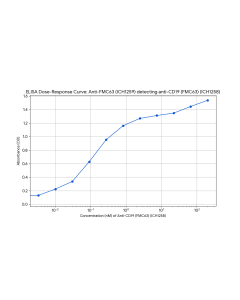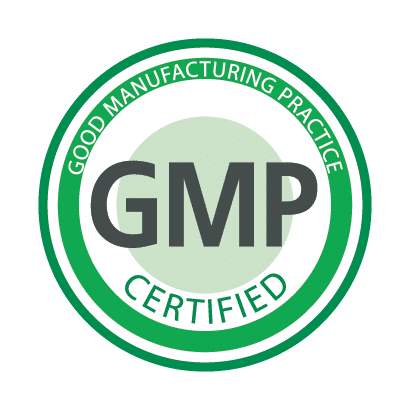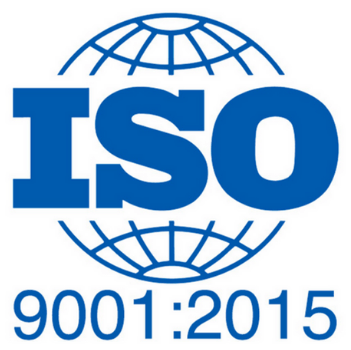Back to Top
Anti-Mouse IFN Beta (MIB-5E9.1) In Vivo Antibody - Low Endotoxin
$400.00 - $2,945.00
Add recommended extras
Anti-Mouse IFN Beta (MIB-5E9.1) In Vivo Antibody - Low Endotoxin
| Species Reactivity | Mouse |
|---|---|
| Target | IFN beta |
| Concentration | 1.0 mg/ml |
| Isotype | Armenian Hamster IgG |
| Host | Armenian Hamster |
| Use | Products are for research use only. Not for use in diagnostic or therapeutic procedures. |
| Application Notes | Each investigator should determine their own optimal working dilution for specific applications. |
| Applications | Western Blot, Blocking |
| Storage | anti-IFN beta In Vivo Antibody - Low Endotoxin (MIB-5E9.1) is stable for at least one week when stored sterile at 2-8°C. For long term storage aseptically aliquot in working volumes without diluting and store at ï؟½20°C in a manual defrost freezer. Av |
| Endotoxin | ≤ 1.0 EU/mg as determined by the LAL method |
| Purity | >95% by SDS-PAGE and HPLC |
| Formulation | 0.01 M phosphate buffered saline (PBS) pH 7.2, 150 mM NaCl with no carrier protein, potassium or preservatives added. |
| Purification Method | This monoclonal antibody was purified using Protein A |
| Specificity | Anti-IFN beta In Vivo Antibody - Low Endotoxin (MIB-5E9.1) recognizes Mouse IFN beta |
| Shipping Conditions | Blue ice |
| background | Interferons (IFN) consist of two classes. The type I IFN class consists of 20 highly similar IFN-alpha proteins and a single IFN-beta protein. The second class, type II IFN, consists of a single protein, IFN-gamma. IFN-alpha and IFN-beta signal through th |
| Other names | IFN-b, IFN-beta, Type-1 interferon, Interferon beta |
| clone | MIB-5E9.1 |
| UniProt | P01575 |
| Buffer | ICH3001-100ml ICH3002-100ml ICH3003-100ml |
| Antigen Distribution | Fibroblasts & epithelial cells |
| Aggregation | Aggregation level ≤ 5% |
| Antibodies against the same target | Anti-IFN beta In Vivo Antibody - Low Endotoxin [HDB-4A7] (ICH1110), Anti-IFN beta In Vivo Antibody - Ultra Low Endotoxin [HDB-4A7] (ICH1110UL) |
Write Your Own Review






















